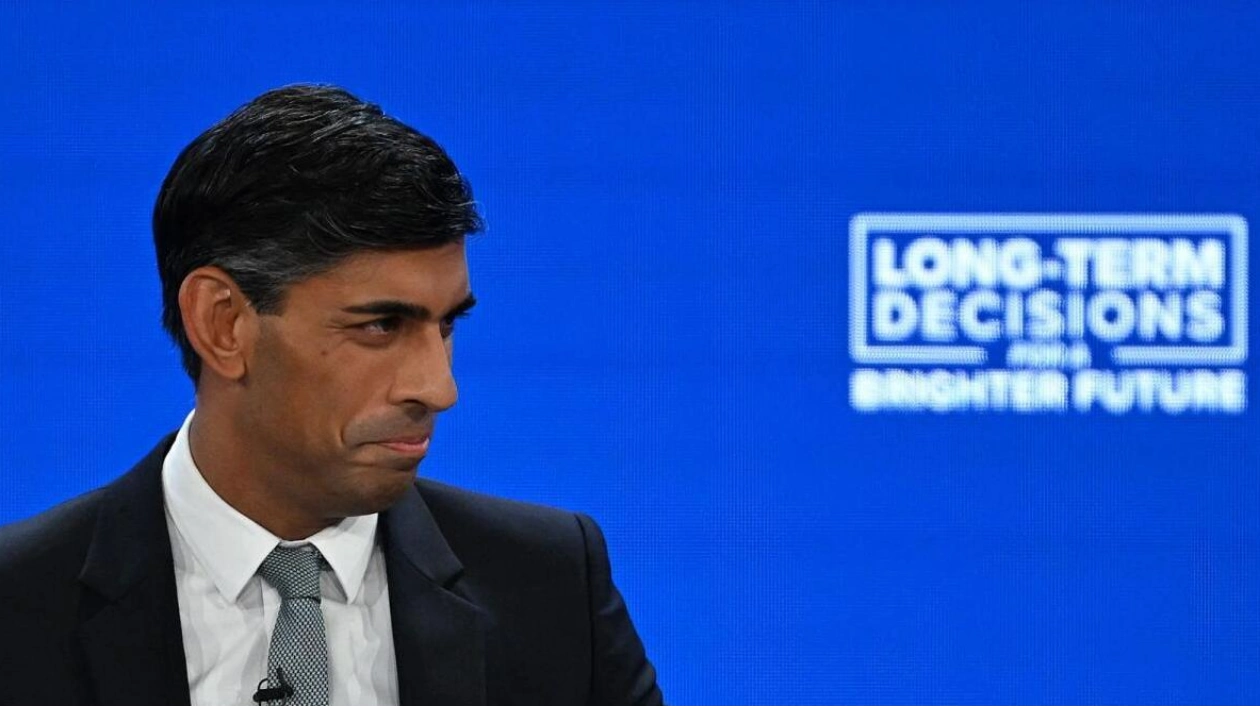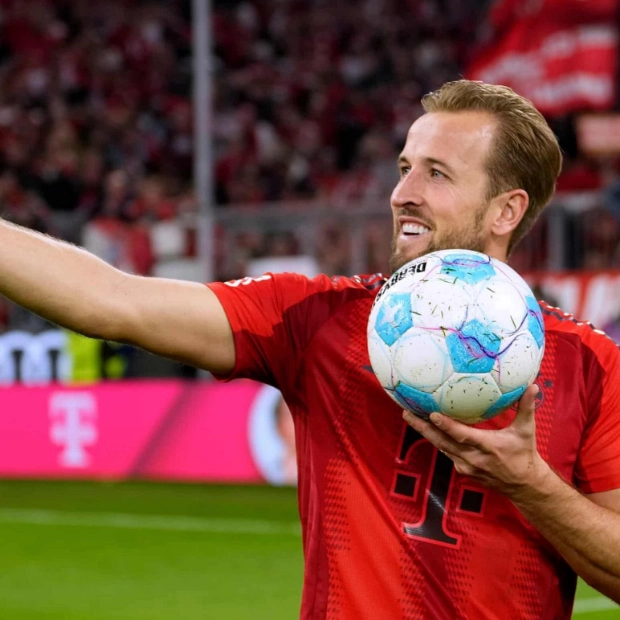Britain's opposition Conservatives are set to convene for their annual conference on Sunday, still reeling from a historic election loss and grappling with internal strife over the party's future trajectory. The four-day event in Birmingham, central England, takes place just three months after the Tories were ousted from power by Labour, resulting in Keir Starmer becoming prime minister. This marks the Conservatives' first conference in opposition since 2009, a year before David Cameron led them to 14 years of consecutive yet tumultuous rule, characterized by austerity measures, Brexit, the Covid pandemic, and internal conflicts.
During the gathering, four contenders will vie for the chance to replace former premier Rishi Sunak as the next Tory leader. Kemi Badenoch, Robert Jenrick, James Cleverly, and Tom Tugendhat will each present their case to parliamentary colleagues and grassroots members at the International Convention Centre in Britain's second-largest city. "It's essentially going to be a talent parade," remarked Robert Ford, a politics professor at the University of Manchester, in an interview with AFP.
Conservative MPs will cast their votes next week to narrow the field to two final candidates. Party members will then vote to select the winner, with the ballot closing at the end of October. The new opposition leader, responsible for reuniting the party and making it electable once more, will be revealed on Saturday, November 2. The chosen leader will dictate whether the party shifts further to the right or attempts to reclaim the center ground following the Conservatives' worst-ever general election performance on July 4.
Labour secured a commanding 174-seat majority in the 650-seat UK parliament, while the Tories plummeted to just 121 MPs, their lowest count in history. This marked a dramatic decline from the 2019 election, where the Tories, under Boris Johnson, won an 80-seat majority primarily on a promise to "get Brexit done." The party's unraveling was punctuated by several scandals, including Downing Street staff partying during Covid lockdowns, which led to Johnson's resignation. His successor, Liz Truss, lasted only 49 days due to her controversial mini-budget, which caused the pound to tank and spooked financial markets. Sunak, who was brought in to stabilize the situation, was unable to halt the party's decline and faced ongoing factional infighting during his 20-month tenure.
Following the election, Sunak announced his intention to step down once a successor was chosen. The party now faces a critical decision: should it focus on winning back voters who defected to Nigel Farage's hard-right Reform UK party, or should it aim to regain the support of those who shifted to the centrist Liberal Democrats? The party has generally moved to the right in recent years, with Badenoch and Jenrick considered the more right-leaning candidates, while Cleverly and Tugendhat are seen as closer to the center.
"It's true that elections tend to be won in the center ground, unless one of the other parties abandons it completely," noted Tim Bale, a politics professor at Queen Mary University of London. "Now that Labour seems absolutely determined to dominate that space, it would appear that the Conservatives probably have to contest on that territory," he added in an interview with AFP. The conference concludes on Wednesday.






